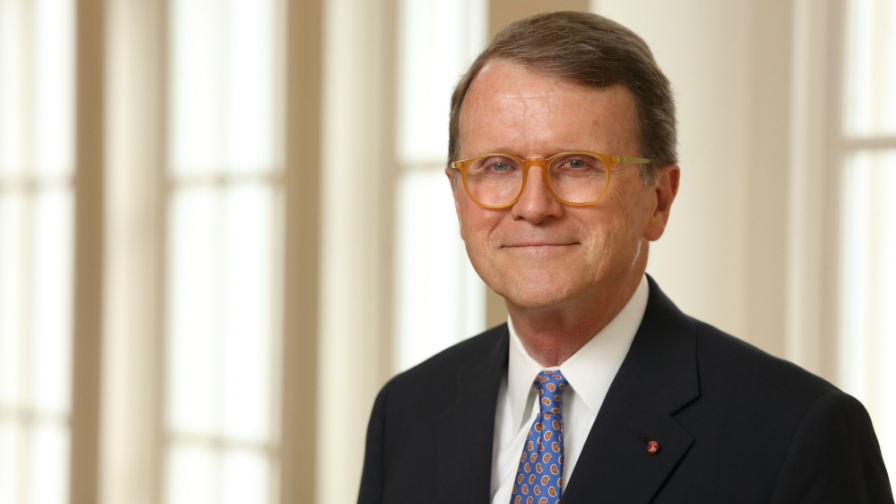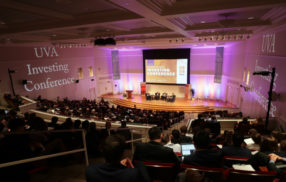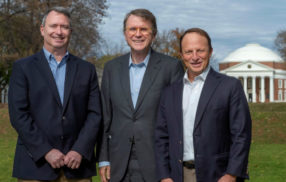
Professor Bob Bruner’s 33 Books to Read About the Global Financial Crisis
By Jay Hodgkins
Fresh off leading a retrospective on the 2008 global financial crisis at the University of Virginia Investing Conference, Darden School of Business Professor Bob Bruner continued his yearlong effort to share insights on what went wrong and what still should be fixed 10 years later with a new book list published by The Weekly Standard.
An avid reader who publishes a “Recommended Readings” list on his blog at the end of each year, Bruner offered up a meaty list of 33 books to read to understand the causes of, reactions to and fallout from the crisis, ranging from memoirs by key players to nonfiction from investigative journalists to examinations by academics. Two Bruner endorsed were The Big Short and Stress Test.
The most entertaining book about the lead-up to the crisis is Michael Lewis’s The Big Short, which was adapted into an Oscar-winning movie. To be “short” in this context was to have sold claims on subprime housing debt in anticipation of the collapse of that market—in other words, to have bet against the over-optimism of the crowd. Lewis profiles a handful of individuals who saw the massive overpricing of mortgage-backed securities and decided to act: “The people on the short side of the subprime mortgage market had gambled with the odds in their favor. The people on the other side—the entire financial system, essentially—had gambled with the odds against them.”
Stress Test is former New York Federal Reserve Bank and U.S. Treasury Secretary Timothy Geithner’s memoir.
Timothy Geithner’s Stress Test is the best in class for its intellectual insight, style of exposition, humility, and candor; if you read only one memoir of the crisis, it should be this one. Geithner, who was president of the New York Fed in 2008 and then Treasury secretary in the Obama administration, is the most articulate advocate of the controversial view that to prevent another Great Depression, the government first had to rescue distressed institutions, let executives collect their bonuses, and inject billions into financial markets; reform and relief for stricken homeowners and the unemployed would have to come later, after the system was stabilized. Even a decade later, the decision to prioritize rescue over relief remains the focus of bitter debate about the U.S. government response to the crisis.
Read Bruner’s full book list in The Weekly Standard.
The University of Virginia Darden School of Business prepares responsible global leaders through unparalleled transformational learning experiences. Darden’s graduate degree programs (MBA, MSBA and Ph.D.) and Executive Education & Lifelong Learning programs offered by the Darden School Foundation set the stage for a lifetime of career advancement and impact. Darden’s top-ranked faculty, renowned for teaching excellence, inspires and shapes modern business leadership worldwide through research, thought leadership and business publishing. Darden has Grounds in Charlottesville, Virginia, and the Washington, D.C., area and a global community that includes 18,000 alumni in 90 countries. Darden was established in 1955 at the University of Virginia, a top public university founded by Thomas Jefferson in 1819 in Charlottesville, Virginia.
Press Contact
Molly Mitchell
Senior Associate Director, Editorial and Media Relations
Darden School of Business
University of Virginia
MitchellM@darden.virginia.edu







